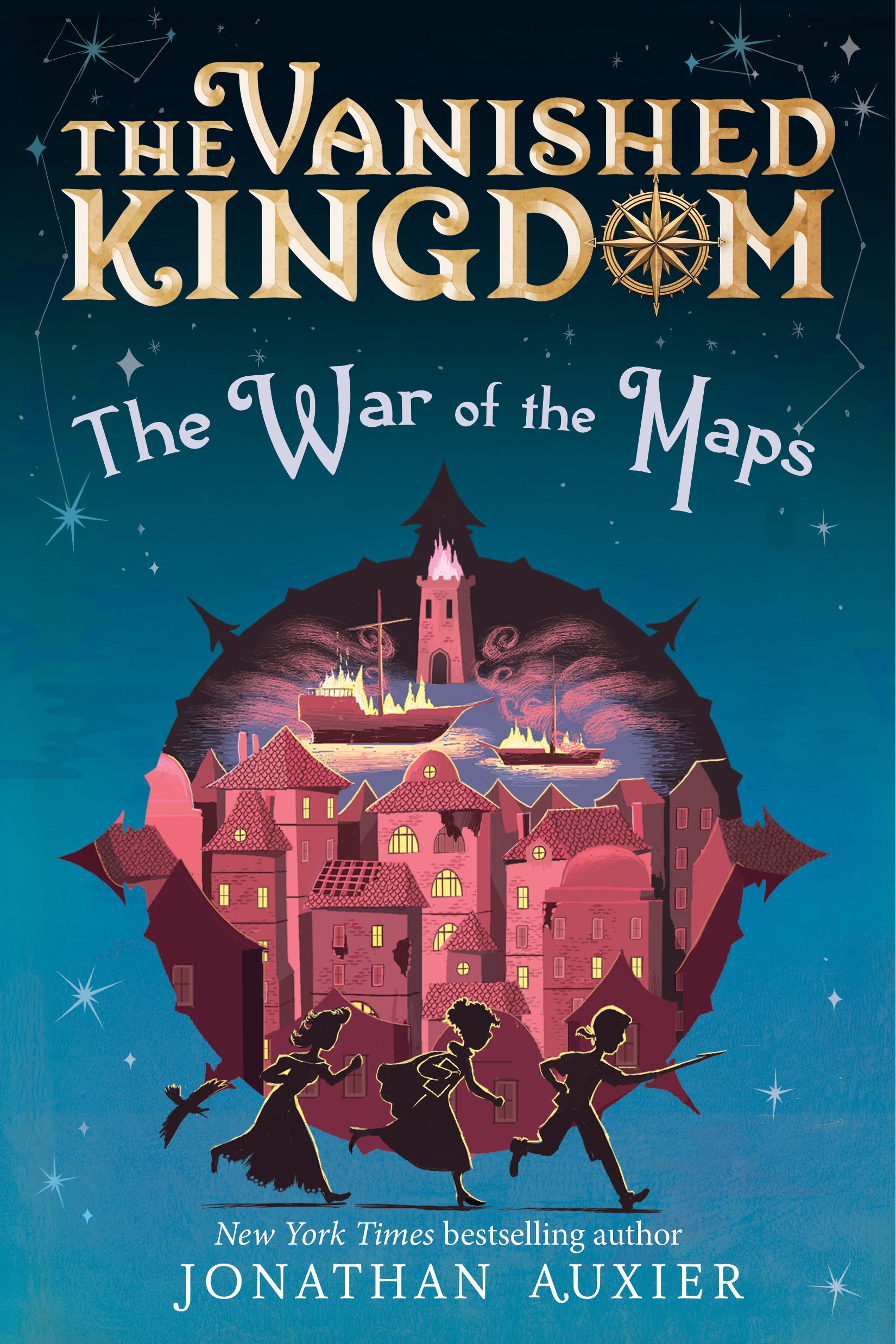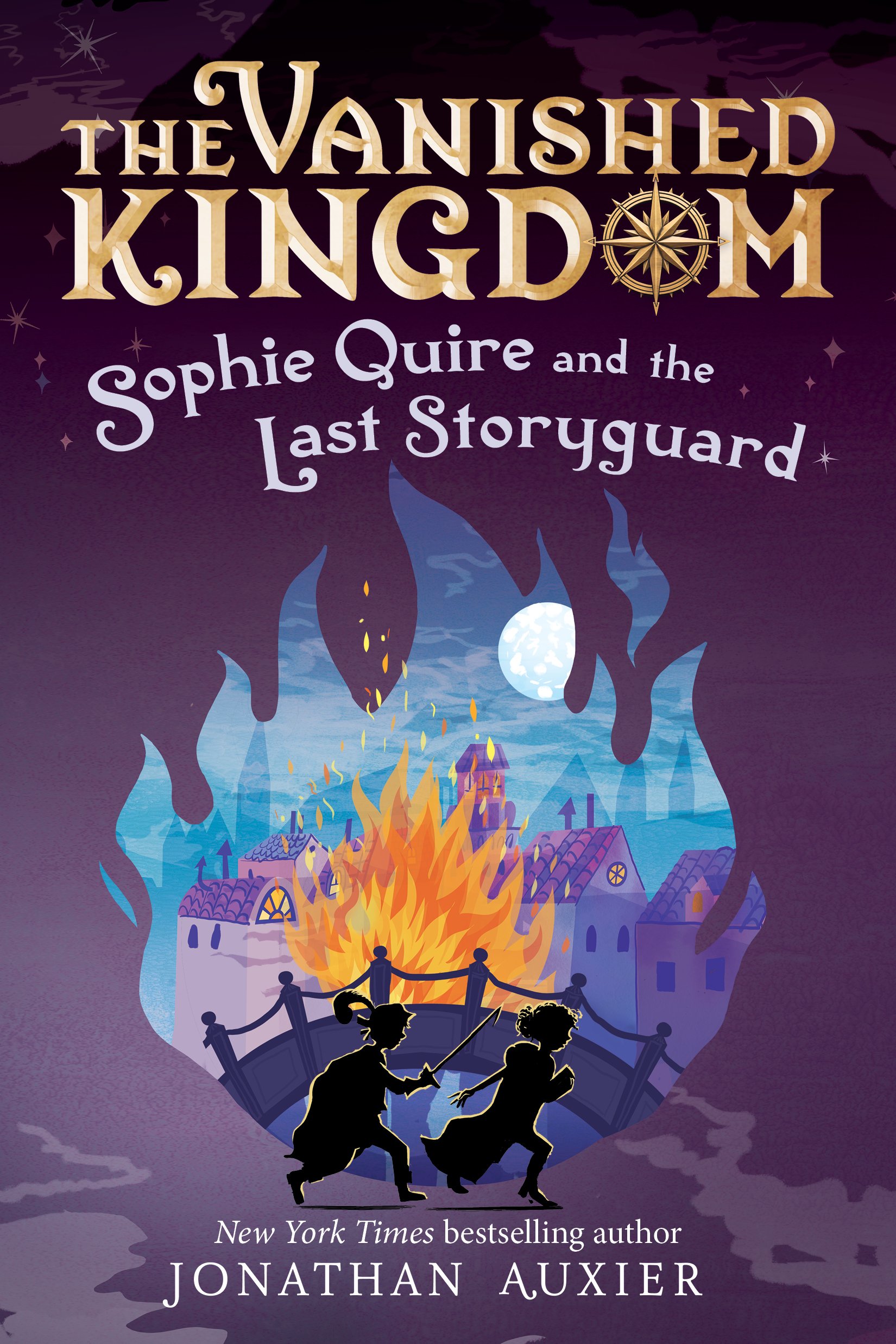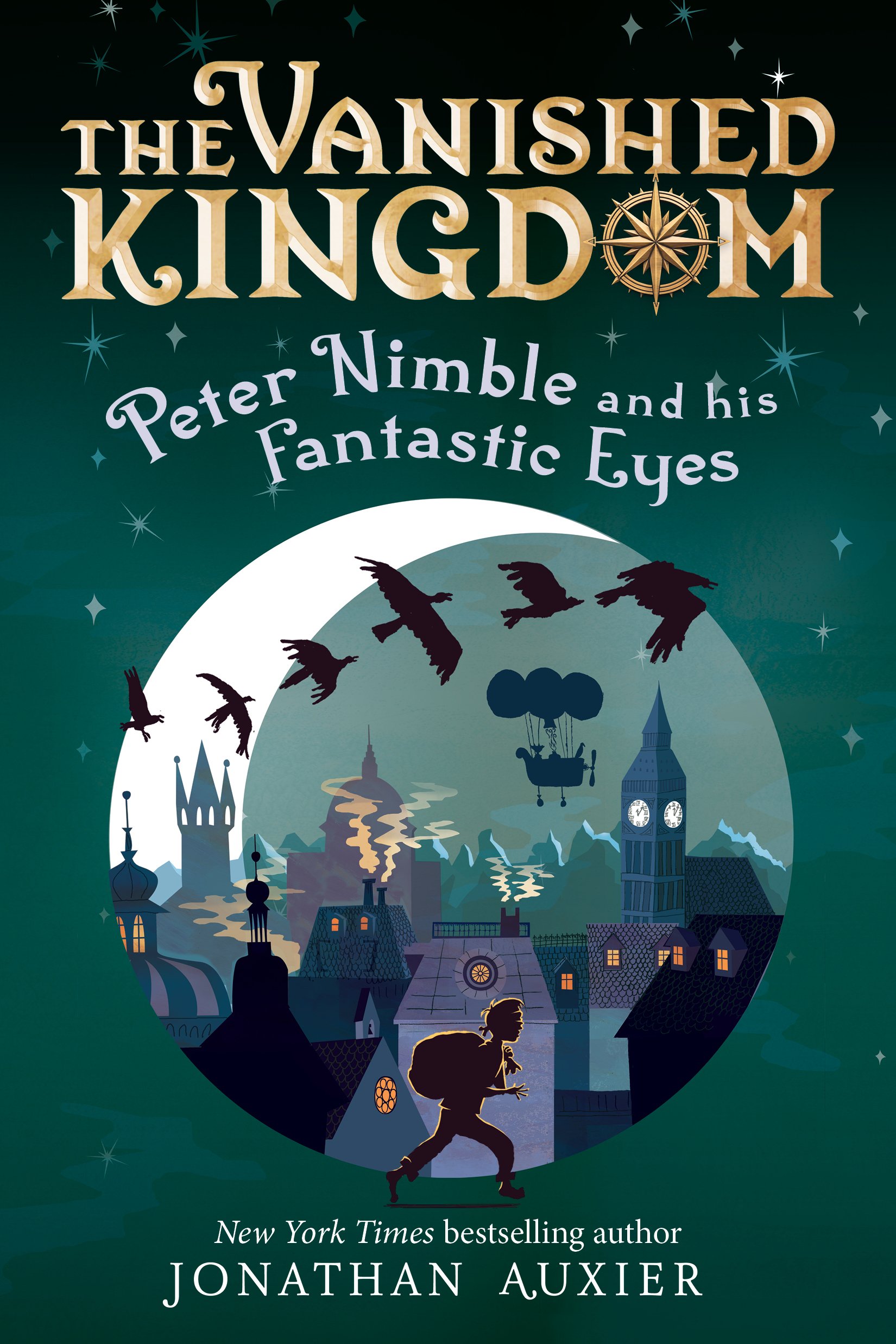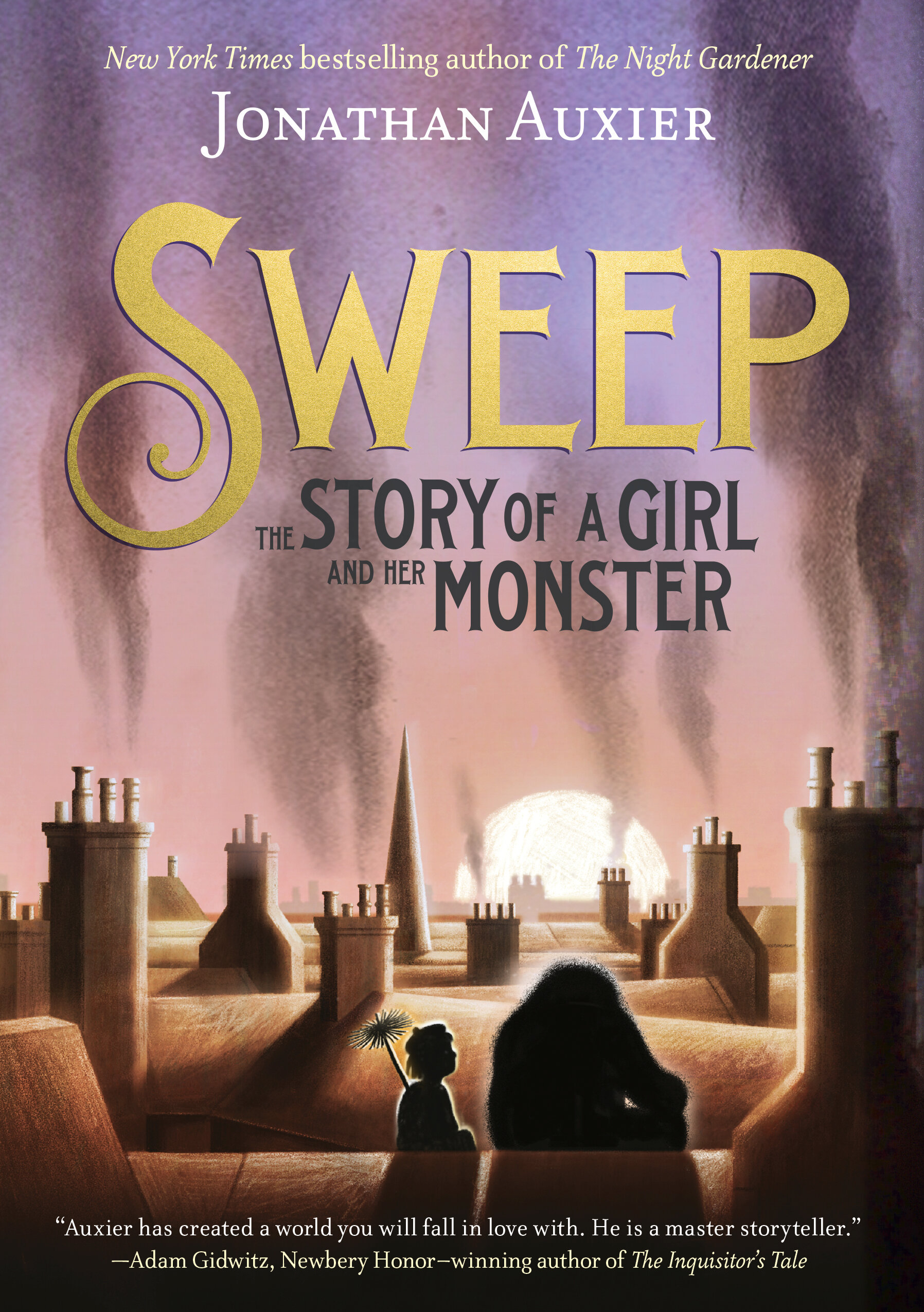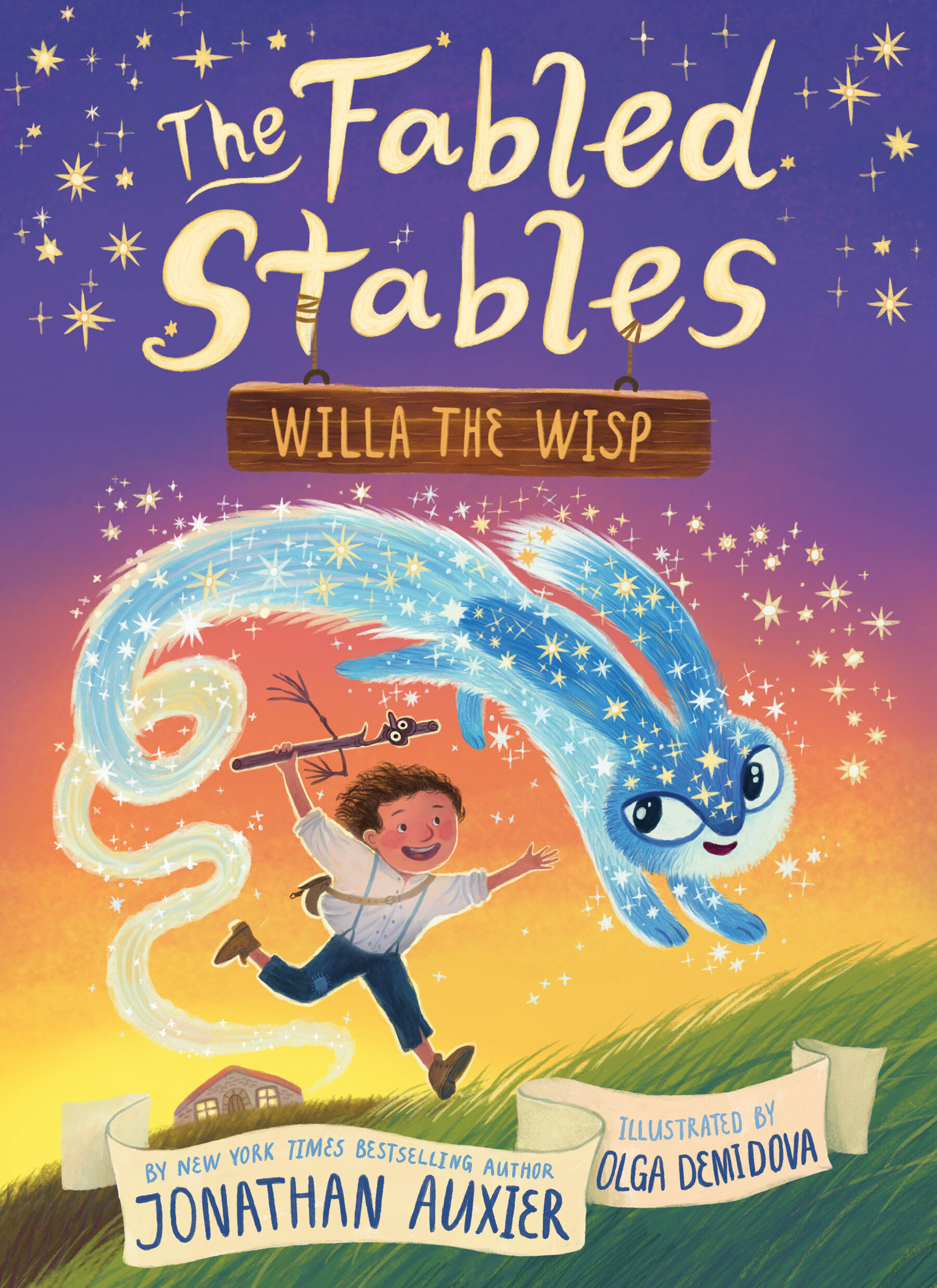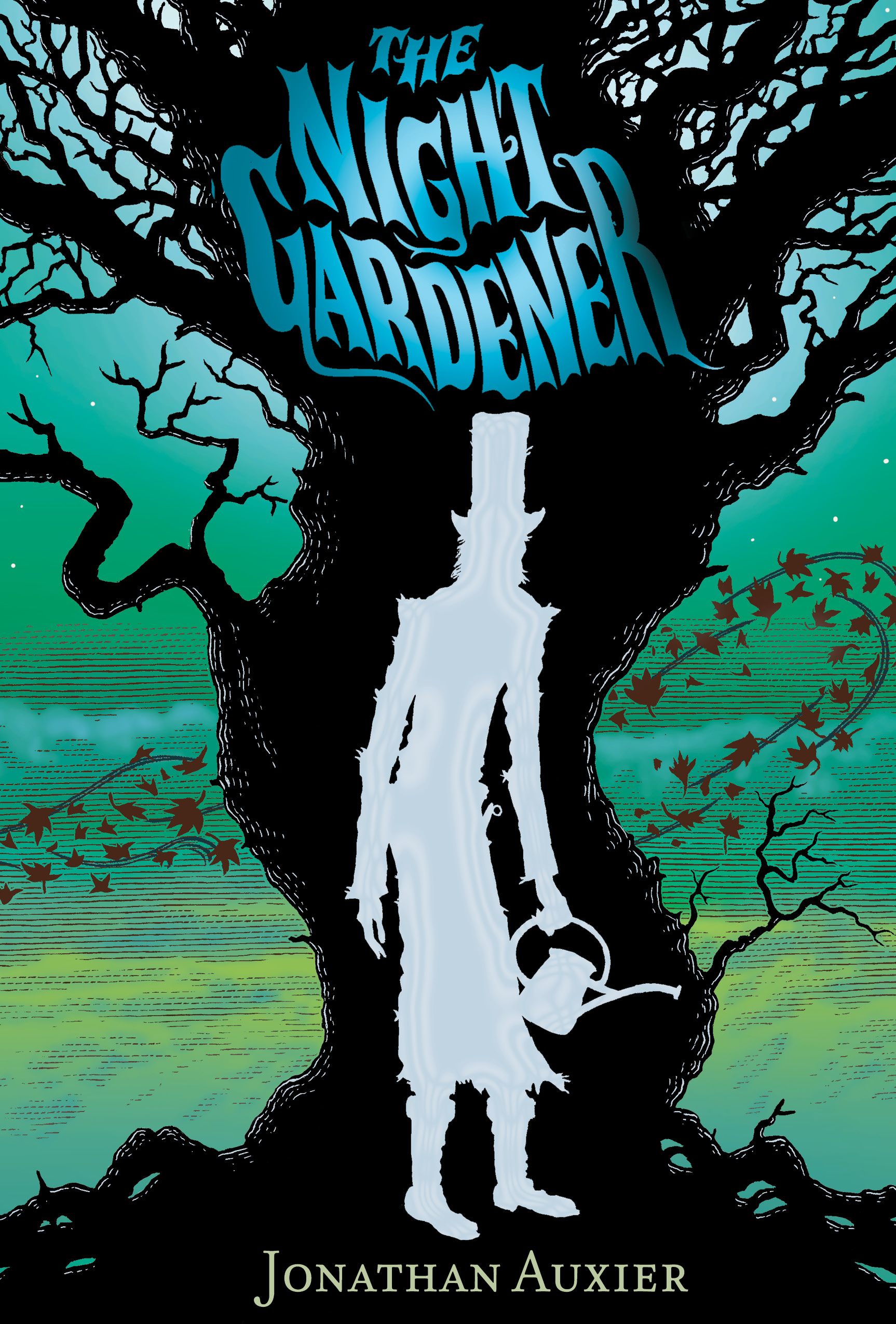PETER PAN WEEK Day 2: The Problem with Peter
/For years, I have had one simple belief about portraying Peter Pan on film: it can't be done. More specifically, it's can't be done by an age-appropriate actor. There's a general consensus that Peter is supposed to be about six or seven years old.[1. Though Barrie does not specify an age, he does describe Peter as still having all his "baby teeth". Also, Barrie asked that the Kensington Gardens statue of Peter be fashioned after photographs of a six year-old Michael Llewelyn Davies.] This is understandably young for such a complex roll, and so the part usually goes to a woman (as it did in Barrie's original stage production) or, in the case of the 2003 movie, to a fourteen year-old from Dylan, Texas. Critics were quick to condemn the liberties that the 2003 screenplay took with the plot (the ending involves a flying Captain Hook) ... but none of them complained about how grown-up Peter was. A few even applauded the daring choice to add a little sexy into this stale classic.
This shouldn't be a surprise. Popular culture has been trying to age-up Peter Pan for decades. Case in point: despite the fact that Barrie states "the most entrancing thing about the boy was that he had all his first teeth," most students in my children's literature class still assumed Peter was around eleven or twelve years old.[2. I think another part of this confusion stems from the fact that Peter and Wendy are said to be the same age, and she seems impossibly mature for a six year-old. My response: Wendy is playacting romantic maturity, just as she playacts childbirth in her opening scene.]
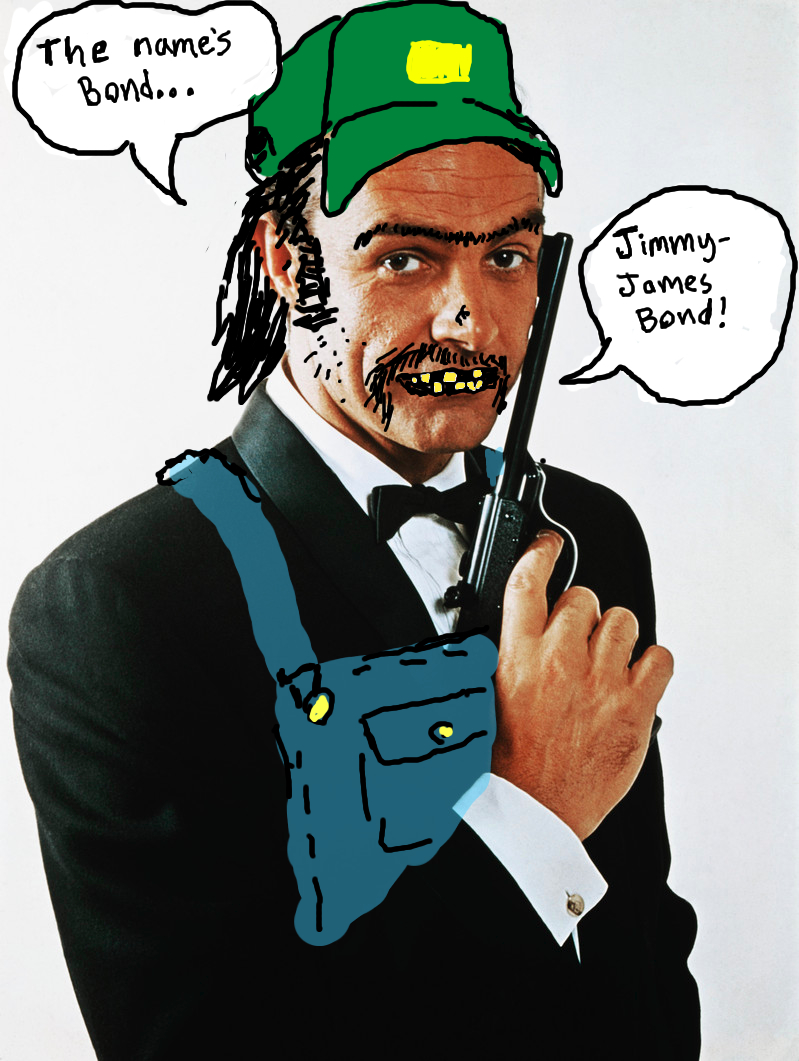 I understand that filmmakers might feel they have no choice but to cast an older actor, but I still don't think it's right. Peter as a character is defined by his complete lack of testosterone. That's the point of the whole friggin' book: he can't follow Wendy into adulthood. Asking viewers to accept a Peter Pan with an Adams' apple is like asking them to accept a James Bond with a hillbilly accent[3. Actually, I'd totally watch something called "Jimmy-James Bond".] -- changing the character changes the character.
I understand that filmmakers might feel they have no choice but to cast an older actor, but I still don't think it's right. Peter as a character is defined by his complete lack of testosterone. That's the point of the whole friggin' book: he can't follow Wendy into adulthood. Asking viewers to accept a Peter Pan with an Adams' apple is like asking them to accept a James Bond with a hillbilly accent[3. Actually, I'd totally watch something called "Jimmy-James Bond".] -- changing the character changes the character.
All this takes me back to loving the (traditional) non-traditional casting of a woman for the roll of Peter Pan. In some essential way, Mary Martin and Sandy Duncan remain truer to the character of Peter Pan than any male actor with even one adult tooth in his head -- they may be "grown up," but they will never be men.
At least that's what I thought before this kid came around:
Last August, I had the pleasure of seeing a Ben Harrison stage production of Peter Pan that proved me wrong. The show cast an actor named Nate Fallows who seemed to "get" just how young Peter Pan needed to be.[4. The show is still touring the country, for those interested. It's probably worth noting that the flying scenes made me cry.] Every gesture and word was infused with an animal recklessness that disallowed any sort of heartthrobby nonsense. Similarly, the entire production was about how young and violent he was. Even Michael (played by an actor half his age) felt wise and mature next to this Peter. It was the first adaptation I had ever seen that felt like the book I so loved.
While watching the show, I kept imagining what the production would have been like without this deliberate focus on Peter's youngness: it wouldn't have been a show worth watching. It would have felt no different than watching the (tame) musical, or the (boring) Disney cartoon, or the (sexed-up) 2003 adaptation -- just a string of fanciful set-pieces and sentimental Edwardiana. Peter would not approve.
* * *
For those who missed the other "Peter Pan Week" posts:
Day One: Literary Dress Rehearsals
Day Three: Tink or Belle?
Day Four: The Neverland Connundrum
Day Five: Loss and Exclusion in Peter Pan (special guest post!)
Also, you can also read my ham-fisted attempt to connect Peter Pan to The Hunger Games here.




